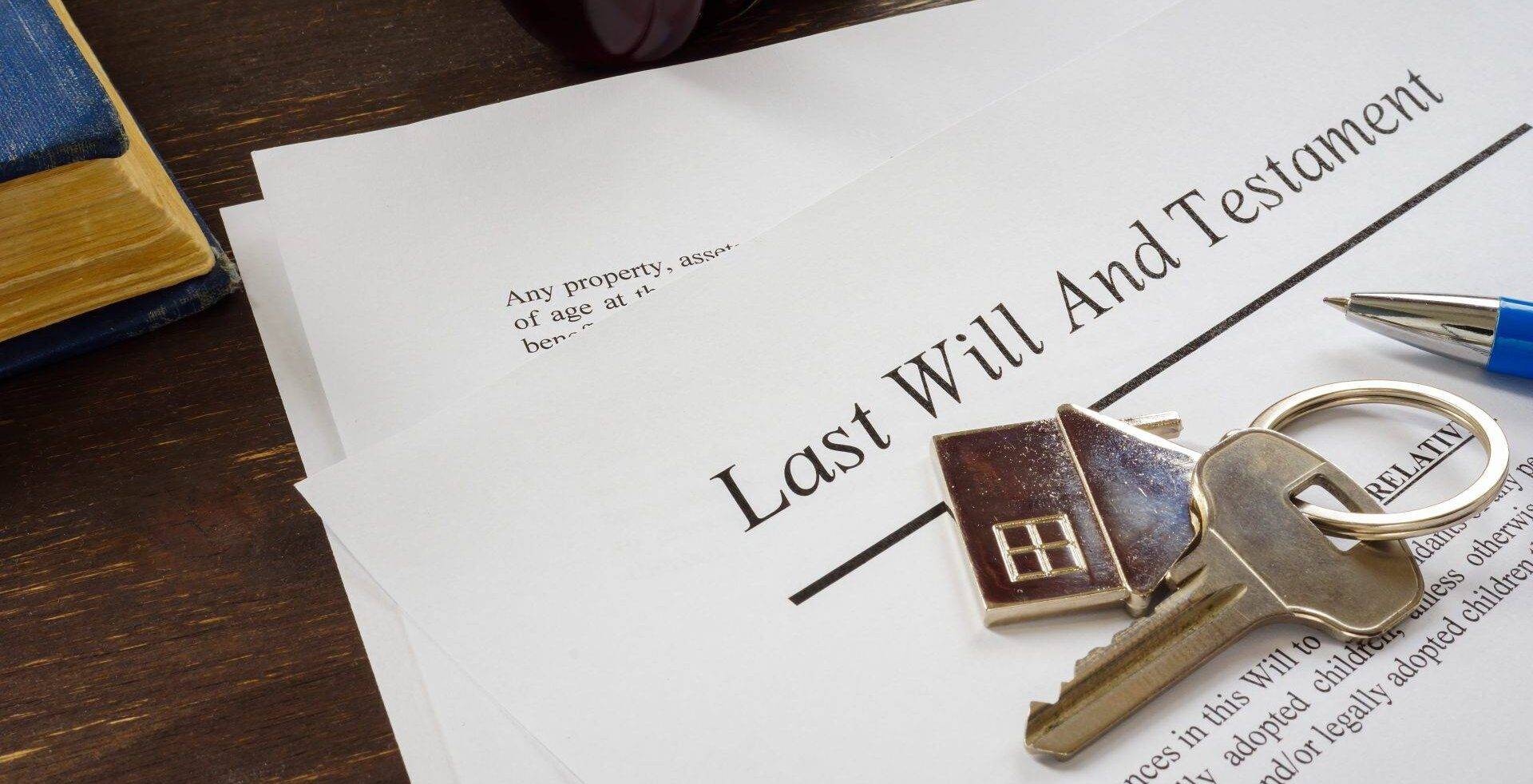Too often in the legal world, the phrase common law marriage is referred to. This term is the incorrect belief that cohabiting couples have similar or even the same rights as married couples when it comes to properties, rights to occupy homes, and even receiving an inheritance from a partner’s estate. However, the bottom line is that there is no such thing!
Cohabiting couples and the importance of having Wills in place
If couples are cohabiting and are unmarried, there is no express right for the surviving partner to receive anything from their late partner’s estate, unless such a bequest is expressly made in their Wills.
This applies not just to sums of cash being gifted under a Will (referred to as a legacy) or shares of the overall estate (the residue) but can even extend so far as to rights to remain in a property, even if the surviving partner has treated that property as their home.
In a situation where a property is owned by one person but their partner occupies the property as well, legal ownership can seem like a small technicality – rose-tinted glasses can make us all believe that we would not be left homeless because it would be quite simply unfair. However, it may be that, through no ill intention, a person wishes to benefit someone other than their partner, and therefore on their death, the property passes to their named beneficiaries.
Therefore, unless specific provisions are made by way of a Will to enable the surviving partner to remain living in the property, the legal ownership of the property will pass in accordance with the terms of the Will. Alternatively, if no Will has been made, in accordance with the rules of Intestacy. In either instance, it can mean that a partner suddenly ends up with no right to remain in the property.
The same can apply where financial provision has not been made for a surviving partner. Again, it may be that a person wishes to leave their estate to someone other than their partner, which can cause upset where the surviving partner may be under the impression that “common law marriage” entitles them to something from the estate.
The number of inheritance act claims being made is on the increase – data suggests an increase of 284% from 2007 to 2021. With marriage rates decreasing and cohabiting rates increasing, it is unsurprising.
However, it is vitally important to ensure that we afford sufficient protection to our loved ones during our lifetimes, rather than leaving grieving partners in potentially extremely dire situations through innocent reliance on a myth of common law marriage. Such protection can be created by:
- Preparing a Will;
- Allowing partners to explore the options available to them, in so far as allowing surviving partners to stay in properties for specified or even unspecified periods; and
- Ensuring that beneficiaries of an estate are those that are intended.
In such circumstances, it is important to ask – if something happened to me, are my loved ones protected? If the answer is no, or if you simply wish for further advice, discuss the options available to you.
How we can help
Helen Salisbury is a Partner in our expert Wills & Probate team, specialising in Wills, Inheritance Tax planning, administration of estates, grants of Probate, and Powers of Attorney.
If you are an unmarried cohabiting couple and would like some advice concerning Wills or on any related subjects, please get in touch with Helen or another member of the team in Derby, Leicester, or Nottingham on 0800 024 1976 or via our online form.
Contact us
If this article relates to a specific case/cases, please note that the facts of this case/cases are correct at the time of writing.



